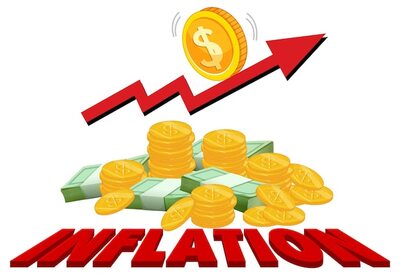
As of my last knowledge update in September 2021, I can provide some insights into how inflation might have affected the music industry. However, please note that economic conditions and their impact on industries can change over time, so it’s essential to consider more recent information for the most accurate assessment. Here are some ways inflation could potentially affect the music industry:
- Rising Production Costs: Inflation can lead to higher production costs for various aspects of the music industry, including studio recording, equipment, and manufacturing of physical copies (CDs, vinyl records, etc.). Musicians and music producers may find it more expensive to create and distribute music, which could impact their budgets and profit margins.
- Ticket Prices: Concert tickets are a significant source of revenue for artists and the music industry. Inflation can lead to higher operating costs for venues, security, and event staff, potentially resulting in increased ticket prices for fans. Higher ticket prices can affect attendance levels and overall revenue generated from live performances.
- Merchandise Costs: Musicians often sell merchandise like T-shirts, posters, and other branded items at concerts and online. Inflation can increase the cost of producing these items, which may either lead to higher prices for fans or reduced profit margins for artists and their teams.
- Streaming Services: Inflation can affect the costs associated with running music streaming platforms. These platforms pay royalties to artists and labels based on various factors, including revenue generated and the number of streams. If inflation increases operational costs for streaming services, it could potentially affect the revenue distribution to artists and labels.
- Recording Contracts: Inflation may impact the terms of recording contracts. Artists and record labels may need to negotiate adjustments to contract terms to account for the changing economic landscape. For example, artists may seek higher royalty rates or advances to compensate for the decreased purchasing power of money due to inflation.
- Consumer Spending: Inflation can influence consumer spending patterns. When the cost of living rises, consumers may have less discretionary income to spend on music, concert tickets, and merchandise. This can impact the overall demand for music-related products and services.
It’s important to note that the effects of inflation can vary depending on the specific circumstances of artists, record labels, and other industry players. Additionally, the music industry has been undergoing significant changes in recent years, with a shift toward digital distribution and streaming services, which can have different economic dynamics.
To understand the current impact of inflation on the music industry, it’s advisable to consult more recent sources and industry reports, as economic conditions and industry trends may have evolved since my last update.
